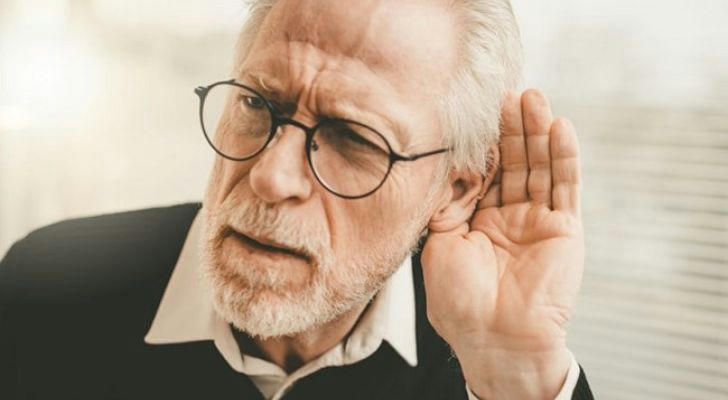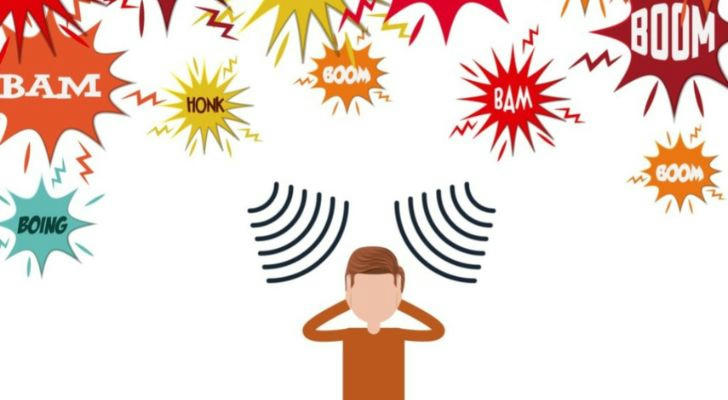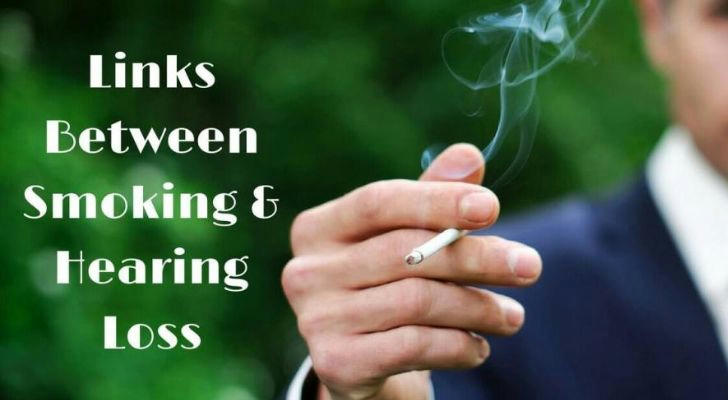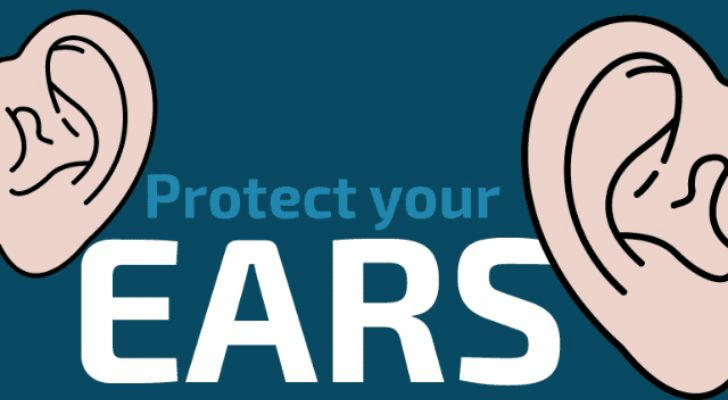Hearing Loss and Aging: What’s Inevitable and What’s Preventable
Getting older comes with plenty of surprises — gray hair, wrinkles, and for many, the slow fade of hearing. But how much of age-related hearing loss is just part of the package, and how much can actually be avoided? The answer might surprise a lot of people.

The Sound of Time: Why Hearing Changes with Age
It's completely normal for hearing to decline over time. In fact, the fancy medical name for this is presbycusis. According to the National Institute on Deafness and Other Communication Disorders (NIDCD), nearly 1 in 3 people between the ages of 65 and 74 experience some level of hearing loss. By the age of 75, that number jumps to almost 1 in 2.
Why does this happen? The ear is a delicate machine. Tiny hair cells in the inner ear (called stereocilia) help translate sound waves into signals the brain understands. Over time, these cells wear down or get damaged — and unlike hair on your head, these don’t grow back.
Fun fact: The human ear has about 16,000 of these hair cells at birth — but it only takes damage to about 30% of them before hearing problems start showing up.
But Wait — Not All Hearing Loss is Destiny
Here’s where things get interesting. While the slow wear-and-tear on those little ear hairs is pretty common with aging, a lot of hearing loss comes from things that aren’t age at all. They’re lifestyle choices.
1. Noise Exposure: The Silent Killer of Hearing
Exposure to loud noises is one of the biggest — and most preventable — causes of hearing loss. And this damage doesn’t just come from rock concerts or fireworks.

Daily habits like using earbuds at high volumes
Working in loud environments like construction or factories
Even lawn mowers and blenders can add up over time
According to the World Health Organization (WHO), over 1 billion young adults worldwide are at risk of hearing loss due to unsafe listening practices.
2. Health Factors: What’s Good for the Heart is Good for the Ears
It turns out that hearing health is closely tied to overall health.
People with heart disease, high blood pressure, or diabetes are more likely to experience hearing loss. Why? Because blood flow is essential to the inner ear. Poor circulation can starve those tiny ear cells of oxygen and nutrients.

Smoking has also been linked to higher rates of hearing loss. In fact, smokers are 70% more likely to develop hearing problems compared to non-smokers.
Signs of Hearing Trouble That People Ignore
One of the biggest mistakes is assuming hearing loss is only about not hearing things loudly enough. In reality, it often starts with clarity, not volume.
Watch out for these signs:
Struggling to hear conversations in noisy places
Turning up the TV louder than others prefer
Feeling like people mumble too much
Avoiding social situations because listening feels exhausting
These might seem small, but they’re early warning signs worth paying attention to.
The Good News: Simple Habits Can Help Protect Hearing
While aging itself can’t be paused, certain habits can absolutely slow down hearing loss or prevent it from getting worse.
Protect Your Ears from Noise

Use earplugs in loud places (concerts, sports events, even while using power tools)
Turn down the volume on headphones — a good rule is 60% volume for no longer than 60 minutes at a time
Choose noise-canceling headphones to avoid cranking up the volume in noisy environments
Keep Your Body Healthy
Stay active to promote good circulation
Manage blood pressure and blood sugar
Eat a diet rich in antioxidants — some studies suggest vitamins like C and E may help fight inner ear damage
Get Regular Hearing Checkups

Most people wouldn’t skip eye exams or dental cleanings — yet hearing tests are often ignored for decades. Catching problems early can prevent them from becoming bigger issues.
Final Thought: Hearing Loss Isn’t Just About Age
Yes, some hearing changes come with time. But the idea that hearing loss is only about getting older is outdated thinking.
Much like taking care of skin to avoid wrinkles or eating healthy to protect the heart, ear health deserves the same attention. Tiny changes today — lowering volume, protecting ears from noise, staying healthy — can mean a lifetime of clearer, richer sound.
Because life is way more fun when you can hear the punchline to a joke, the beat of your favorite song, or the sound of your loved one’s voice — loud and clear.
